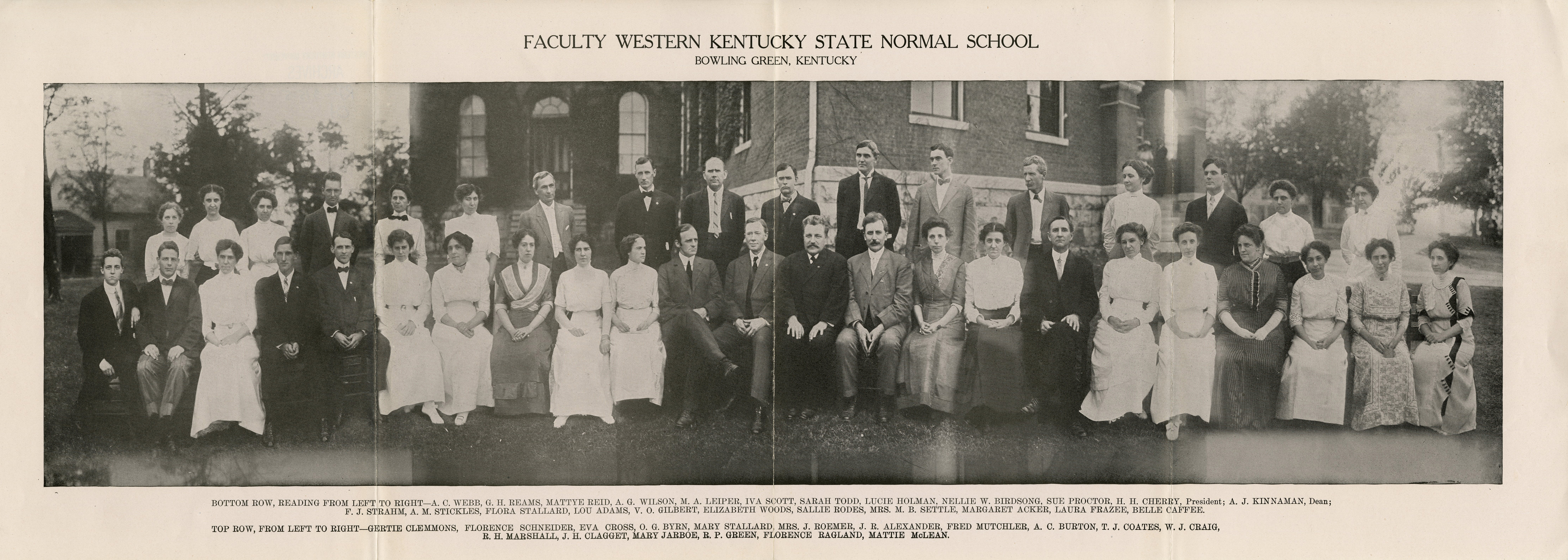Abstract
Alfred Russel Wallace (1823−1913) continues to be criticized for inconsistencies in his recollections of the earlier events in his life. This criticism, while not entirely unjust, has nevertheless been overplayed. Critics have not attended to the general understanding that self-biography is under the influence of two aspects of memory: that pertaining to remembrance of the qualities of past situations, and a secondary ability to assign absolutes of name or date to such memories. All evidence suggests that Wallace’s memory in the first sense was excellent throughout his life, but that he was prone to lapses of the second type.
Disciplines
Arts and Humanities | Biology | Ecology and Evolutionary Biology | Evolution | History | History of Science, Technology, and Medicine | Life Sciences | Oral History
Recommended Citation
Smith, Charles H., "Alfred Russel Wallace Notes 12: How Good Was Wallace's Memory?" (2020). Faculty/Staff Personal Papers. Paper 204.
https://digitalcommons.wku.edu/fac_staff_papers/204
Included in
Biology Commons, Evolution Commons, History of Science, Technology, and Medicine Commons, Oral History Commons

